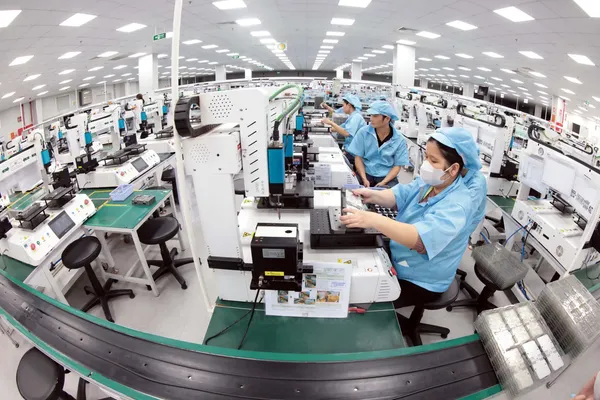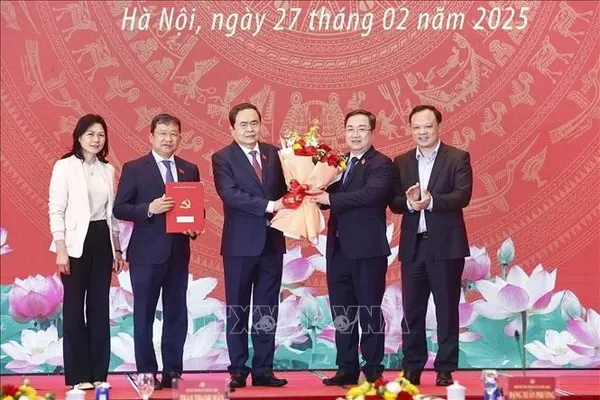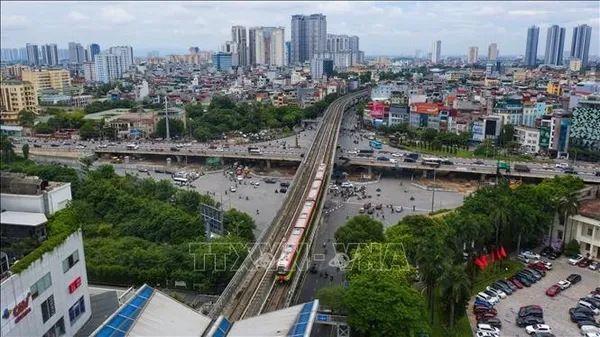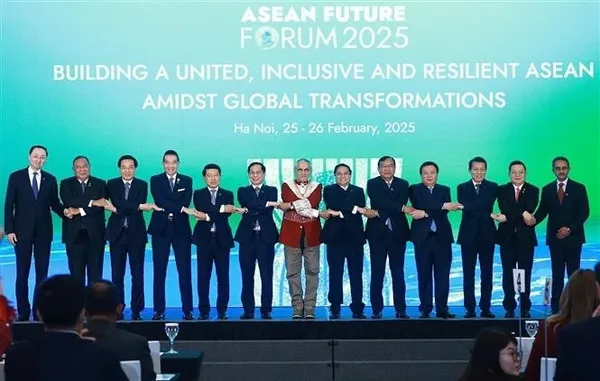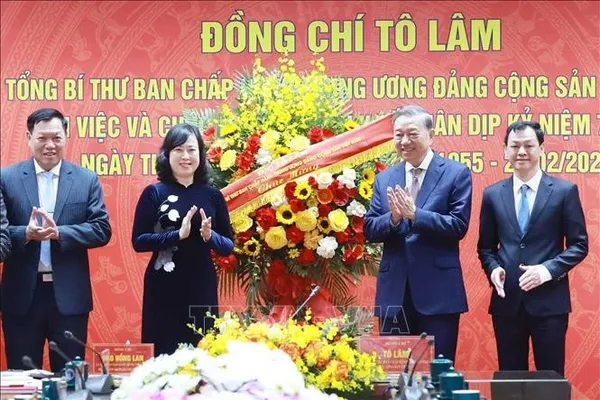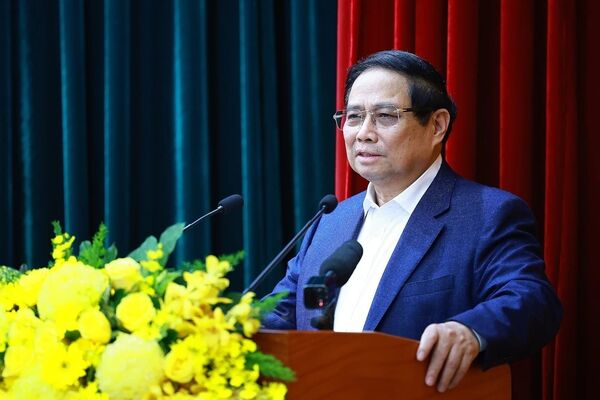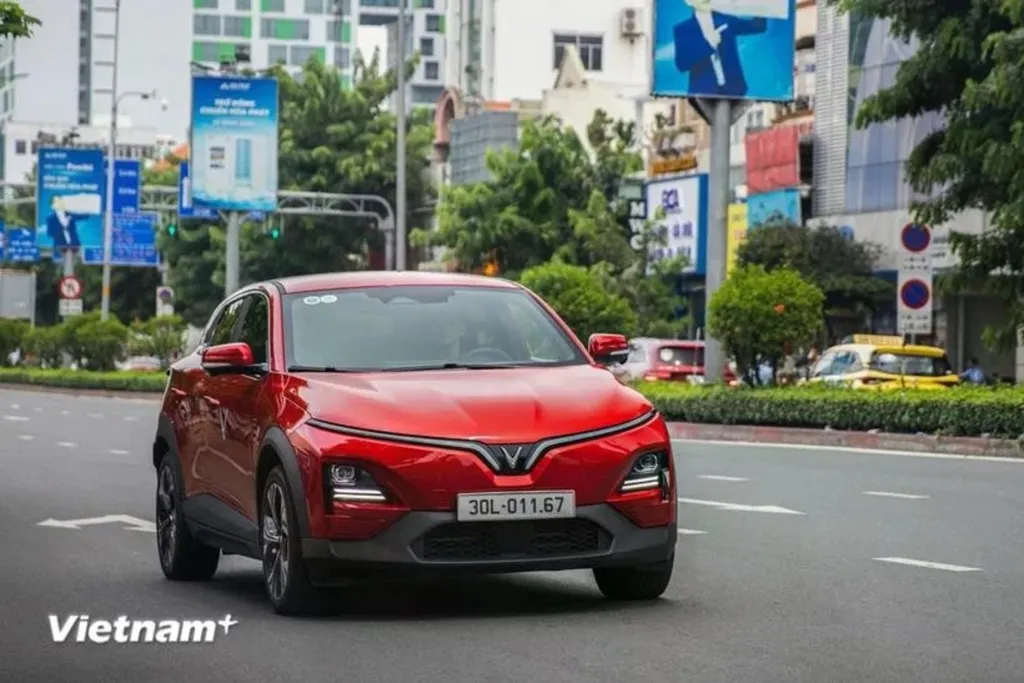 |
| An EV model of VinFast (Photo courtesy of VinFast) |
Hanoi (VNA) - The Government has just decided to extend the 100% exemption of registration fees for battery electric vehicles (BEVs) until February 28, 2027. This move not only helps consumers save significantly on vehicle registration costs but also provides additional momentum for the domestic EV market.
Savings ranging from 19.7 million VND to 600 million VND
Specifically, on March 1, the Government issued Decree No. 51/2025/ND-CP amending and supplementing certain provisions of Decree No. 10/2022/ND-CP dated January 15, 2022 regulating registration fees. The new decree clearly states that BEVs will continue to be exempt from 100% of the first-time registration fees from March 1, 2025, to February 28, 2027.
This policy not only makes electric vehicles more competitively priced, but also plays a crucial role in the transition to environmentally friendly transport.
Currently, the registration fee for passenger cars is calculated as a percentage of the vehicle's value and varies by locality. For example, the first-time registration fee in Hanoi, Quang Ninh, and Hai Phong is 12% of the vehicle's value; 11% in Ha Tinh; and 10% in Ho Chi Minh City and other localities. Meanwhile, in the Vietnamese EV market, the cheapest model is Wuling Mini EV, priced at 197 million VND (7,700 USD), and the most expensive is Mercedes EQS 500, which costs over 5 billion VND.
Thanks to the newly-adopted policy, electric car buyers can save a significant amount, ranging from 19.7 million VND to 600 million VND, making EVs an attractive choice.
Automotive expert The Dat said that the exemption of registration fees not only makes EVs more accessible to consumers but also stimulates market growth. The money saved can be used to upgrade the vehicle, invest in service packages, or reduce financial pressure when taking out a loan to buy a car.
In reality, in 2022 when the exemption policy was first applied for EVs, the number of BEVs registering for the first-time registration fee reached only 4,040 units. This number increased to 29,281 vehicles in 2023, and to 79,781 in 2024. This demonstrates the strong impact of the policy amidst the global shift toward green transport.
Pressure on petrol-powered cars and charging infrastructure
According to experts, this move is one of the solutions to stimulate demand for environmentally-friendly vehicles in the context of global electrification. This policy will further accelerate the development of the EV segment, helping automakers expand their influence and increase sales in the coming years.
However, hybrid vehicles (petrol-electric hybrids) and plug-in hybrid vehicles, while contributing to reducing emissions, have not yet received similar incentives. In particular, the fact that BEVs are exempt from registration fees, while petrol-powered vehicles are still subject to a fee of 10% - 12%, is narrowing the price gap between the two types of vehicles. This puts significant pressure on petrol vehicles, forcing traditional automakers to roll out more promotional programmes to retain customers or transition towards electrification.
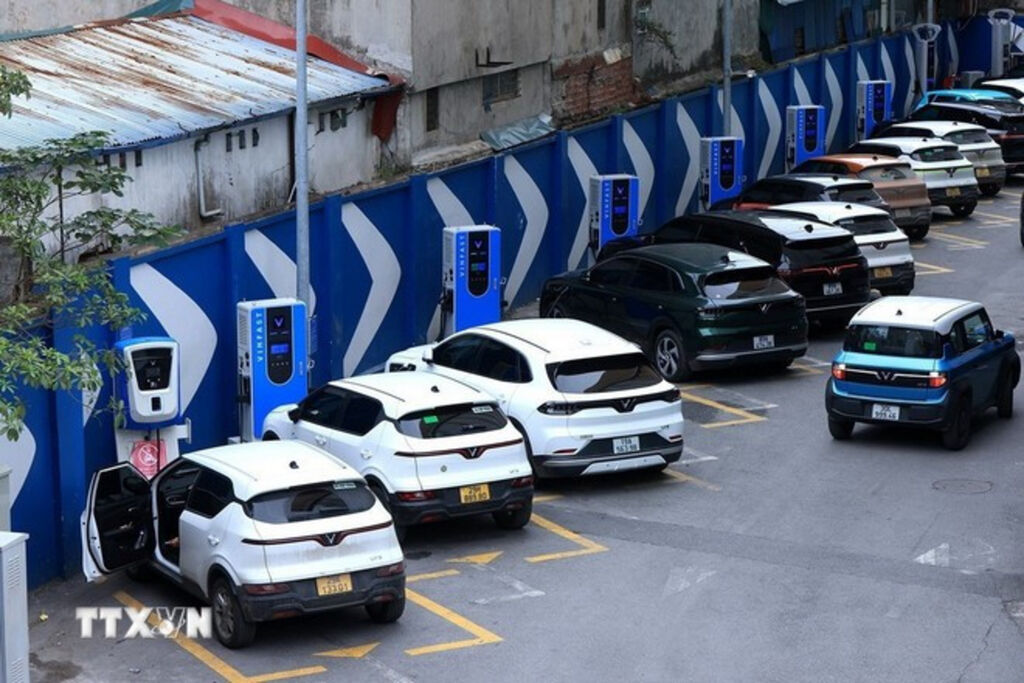 |
| A charging station in Hanoi (Photo: VNA) |
In addition, while the registration fee exemption policy is a strong incentive for the EV market, the development of the industry still depends on the charging infrastructure. In Vietnam, only VinFast has made a systematic investment in charging stations across the country, while other brands are still in the market exploration phase. Therefore, if the charging infrastructure is not developed and widely distributed, consumers will remain hesitant about choosing EVs.
Experts suggested that, in addition to manufacturing, assembling, and distributing vehicles, automakers also need to expand their network of charging stations, particularly in suburban and inter-provincial areas, to better support users. As the charging station network expands, especially in provinces farther from urban centres, the demand for EVs will certainly increase rapidly, contributing to the acceleration of the electrification of transport in Vietnam. If these conditions are met, EVs will quickly become the dominant mode of transport in the country, helping to reduce pollution and move towards a more sustainable transport system./.


